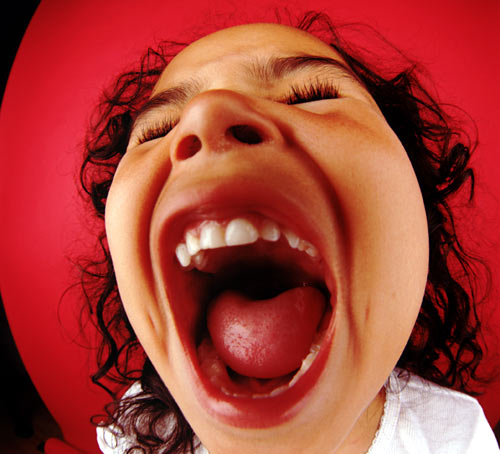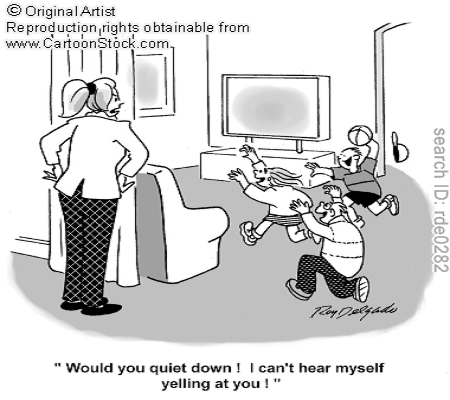Preventing Voice Disorders in Children
If you’re a sports fan, you’ve probably watched or listened to “Mike and Mike” on ESPN. The duo are among the funniest sports broadcasters around, but even the mighty Mike Golic was not immune to something that your child might experience at some point: a voice problem. Golic tried to work on the show this morning, but he was sent home pretty quickly when his voice simply couldn’t handle it.
Everyone comes down with a sore throat every now and then, but what happens when it turns into a voice disorder? We all know that taking vitamin C and other healthy supplements can help carry you through cold and flu season, but how do you prevent voice disorders in children?
What Are They?
Voice disorders affect about four to six children out of 100. Voice disorders refer to a range of problems that affect the quality of sound. It may present as abnormal pitch or loudness. You might notice that your child’s voice sounds hoarse, breathy, nasal, or too high or low. Your child might also lose his voice entirely. Voice disorders in children often occur due to abuse of the vocal cords. That is, your child yells loudly and frequently on the playground or at a sports event. Voice disorders might also be caused by childhood infections.
If you notice that your child’s voice seems abnormal, discuss the issue with his pediatrician and speech-language pathologist (SLP). In the meantime, use the following tips to promote good vocal health in your child and prevent voice disorders.
Preventing Voice Disorders – Lifestyle Tips
Environment
Create an environment that is conducive to good vocal health. Avoid turning the volume up too high on the TV, radio, and other electronic devices. Turn these devices off entirely during a conversation with your child. This encourages a moderate speaking volume.
While at a ball game or other event during which cheering and yelling is common, encourage your child to cheer visually. Bring along signs to support the team or encourage your child to clap instead of yell.
Create a “quiet time” in your home. For example, for an hour after dinner (or any other time), each family member is encouraged to engage in quiet activities to rest their voices.
Other Tips
Encourage your child to stay hydrated, especially if he is doing a lot of talking. However, avoid giving him drinks that contain caffeine. While your child is probably not a coffee drinker yet, select caffeine-free hot chocolate and other popular kids’ drinks. As well, keep a humidifier running in your child’s room and other areas that he frequents.
If your child frequently clears his throat, encourage him to swallow, suck on a sugar-free hard candy, or take a drink of water instead. Throat clearing can be pretty harsh for the vocal cords.
Discourage whispering, especially for long periods of time. This can stress the vocal cords.
These tips are especially important when your child has a cold. He can easily lose his voice if he abuses his vocal cords while battling an infection. Encourage him to rest and drink plenty of fluids.
Preventing Voice Disorders – Speech Therapy
Voice disorders aren’t always temporary, as with the case of losing one’s voice because of a cold. Some children may need to work with a speech therapist to learn good vocal habits, such as moderating the pitch and volume of the voice. Speech therapists can treat voice disorders in children by helping them to become more aware of their vocal patterns, teaching them about muscle relaxation techniques, and encouraging diaphragmatic breathing.





